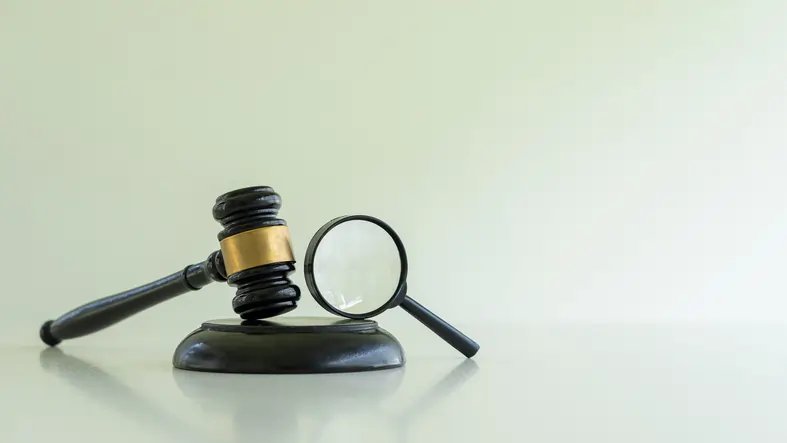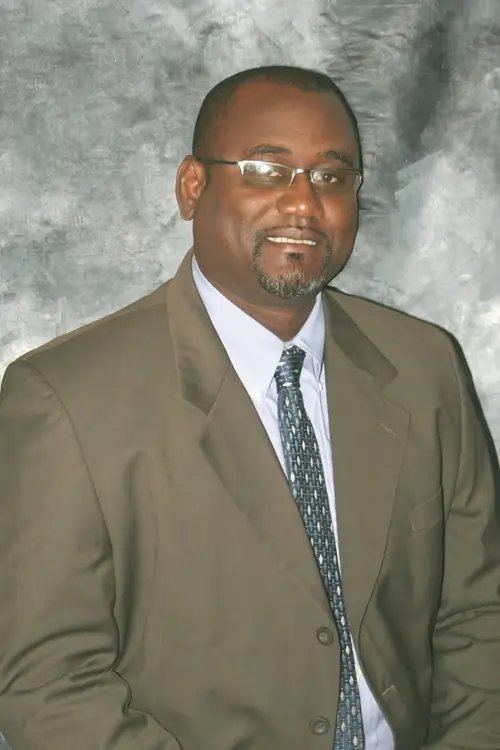Anthony Walcott - Insights from a Forensic Litigation Consultant


Anthony Walcott is a distinguished forensic litigation consultant with over 15 years of experience in the domain of forensic accounting and litigation support. Holding a Bachelor of Science degree and an MBA, he is also a Fellow of the Chartered Professional Accountants (FCPA), a Chartered Accountant (CA), and a Chartered Global Management Accountant (CGMA). Anthony Walcott has established himself as a trusted advisor, known for his expertise in uncovering financial discrepancies and providing compelling expert testimony in complex legal cases. His work spans collaborations with law firms, corporations, and government agencies, where his insights play a pivotal role in achieving favorable outcomes in high-stakes litigation scenarios.
Could you share a bit about your background and what led you to specialize in forensic litigation consulting?
My journey into forensic litigation consulting was driven by a passion for fairness, justice, and righting wrongs. After completing my Bachelor's degree, I pursued a career in accounting. However, I quickly realized that my true interest lay in investigating financial discrepancies and supporting legal teams in litigation cases. This realization led me to further my education with an MBA and acquire designations such as FCPA and CA, which provided me with the technical expertise needed to excel in this field.
What are some of the core competencies that have been instrumental in your professional journey?
In my line of work, the ability to present complex financial information in a clear and understandable manner is crucial. Expert testimony requires not just technical knowledge but also the skill to communicate effectively. Additionally, conducting thorough investigations into fraud and financial misconduct is a significant part of my role. I focus on analyzing large datasets to uncover patterns and anomalies that can be critical to case outcomes. Calculating damages, such as lost profits or business valuations, is another key area where precision and analytical skills are vital.
What insights have you gained from working with a diverse range of clients?
Working with a variety of clients, including law firms, corporations, and government bodies, has taught me the importance of adaptability and understanding the unique needs of each case. Every client and legal scenario presents its own challenges, and it's essential to develop tailored strategies based on forensic findings. Collaboration with legal teams is crucial to develop case strategies that leverage the forensic insights we've gathered.
In your opinion, what are the most challenging aspects of forensic litigation consulting, and how do you address them?
One of the most challenging aspects is the complexity and high stakes involved in many cases. It's vital to remain objective and focused on uncovering the truth, particularly when dealing with high-profile or contentious cases. To address these challenges, I employ a meticulous approach to analysis and emphasize clear communication with all stakeholders involved. This ensures that our findings are not only accurate but also effectively contribute to the legal arguments being presented.
How do you see the field of forensic litigation consulting evolving in the next few years?
The field of forensic litigation consulting is continuously evolving with advancements in technology, particularly in data analytics and digital forensics. I anticipate that these technological advancements will enhance our ability to conduct more precise and comprehensive analyses. As the commercial environment becomes increasingly litigation-prone, the demand for forensic expertise will likely grow, requiring consultants to stay abreast of new methodologies and tools to address emerging challenges effectively.
What do you consider to be your most significant professional achievement to date?
One of my most significant achievements was playing a crucial role in a high-stakes litigation case that involved a major corporate fraud. The case required extensive forensic analysis and expert testimony, which ultimately led to a favorable outcome for our client. This experience not only reaffirmed the importance of forensic accounting in legal proceedings but also demonstrated the impact that precise and well-communicated analysis can have on justice.
How do you approach leadership and decision-making in your field?
In forensic litigation consulting, effective leadership and decision-making are pivotal. I believe that a leader should possess the ability to inspire trust and confidence, both in their team and their clients. This involves maintaining transparency and fostering an environment where ideas and concerns can be freely expressed. Decision-making, on the other hand, is about being informed and deliberate. I rely heavily on data-driven insights and collaborative discussions with my team to make decisions that align with our clients' best interests.
What is your vision for the future of forensic litigation consulting?
The future of forensic litigation consulting is bright and filled with opportunities, especially as the digital landscape continues to evolve. My vision is to integrate more advanced technologies such as artificial intelligence and machine learning into our investigative processes. These technologies can enhance our ability to analyze vast amounts of data efficiently, uncover hidden patterns, and provide deeper insights. Additionally, I foresee a growing need for cross-disciplinary collaboration, which will require us to broaden our expertise and adapt to changing legal and commercial environments.
How do you stay relevant and continue learning in such a dynamic field?
Continuing education is critical in my field due to constant changes in regulations and technological advancements. I actively participate in professional workshops, attend industry conferences, and engage in networking with peers to stay informed about the latest trends and tools in forensic accounting. Moreover, I encourage my team to pursue continuous learning opportunities, which helps us collectively maintain a competitive edge.
Conclusion
Anthony Walcott's commitment to excellence and integrity in forensic litigation consulting has made him a respected figure in the industry. His ability to synthesize complex financial data into actionable insights and his dedication to advancing the field through technology and continuous learning are testaments to his leadership and vision. Walcott's work not only serves the immediate needs of his clients but also contributes to a broader understanding and appreciation of forensic accounting's vital role in legal contexts.

Explore more articles in the Interviews category











